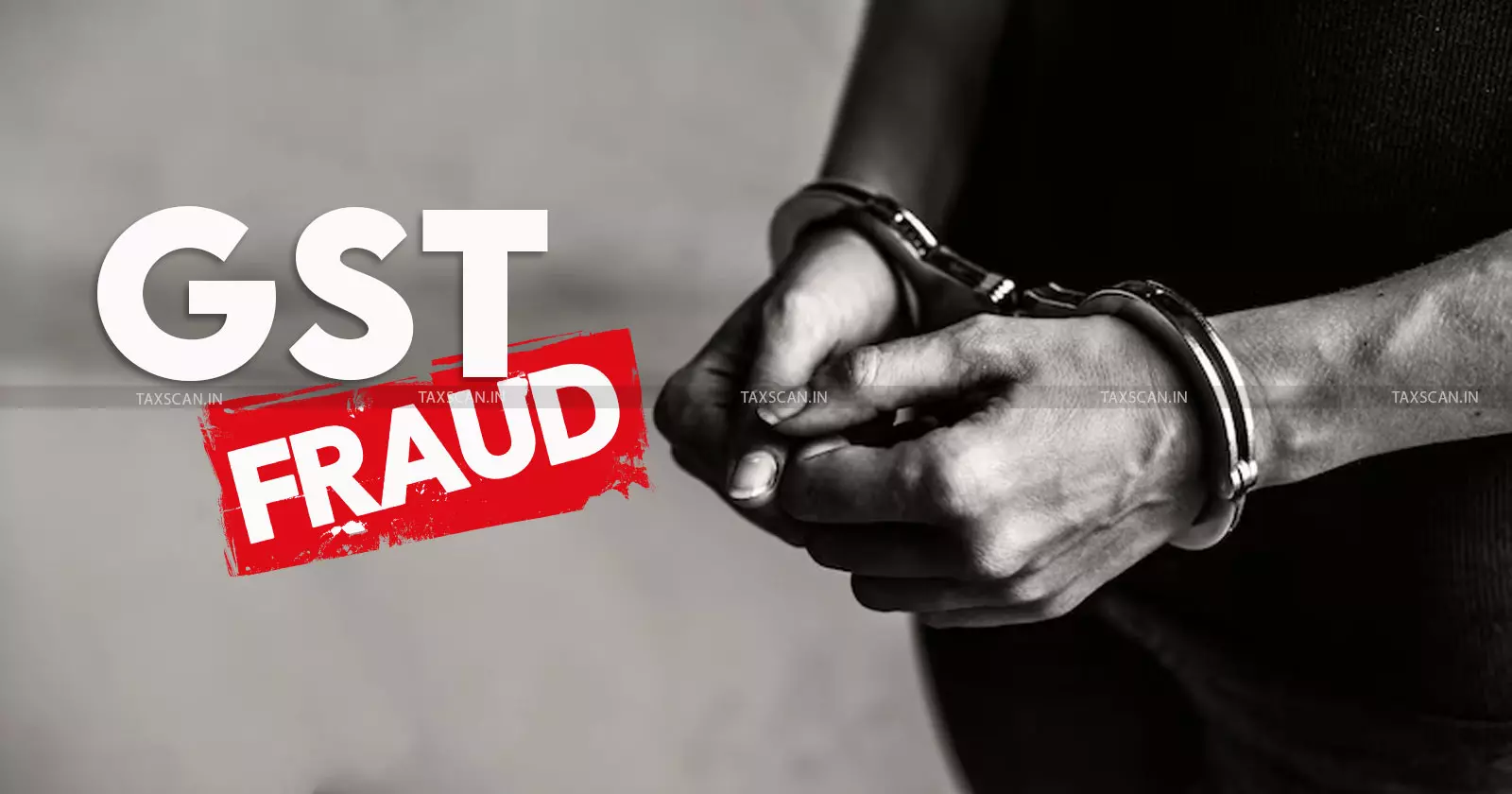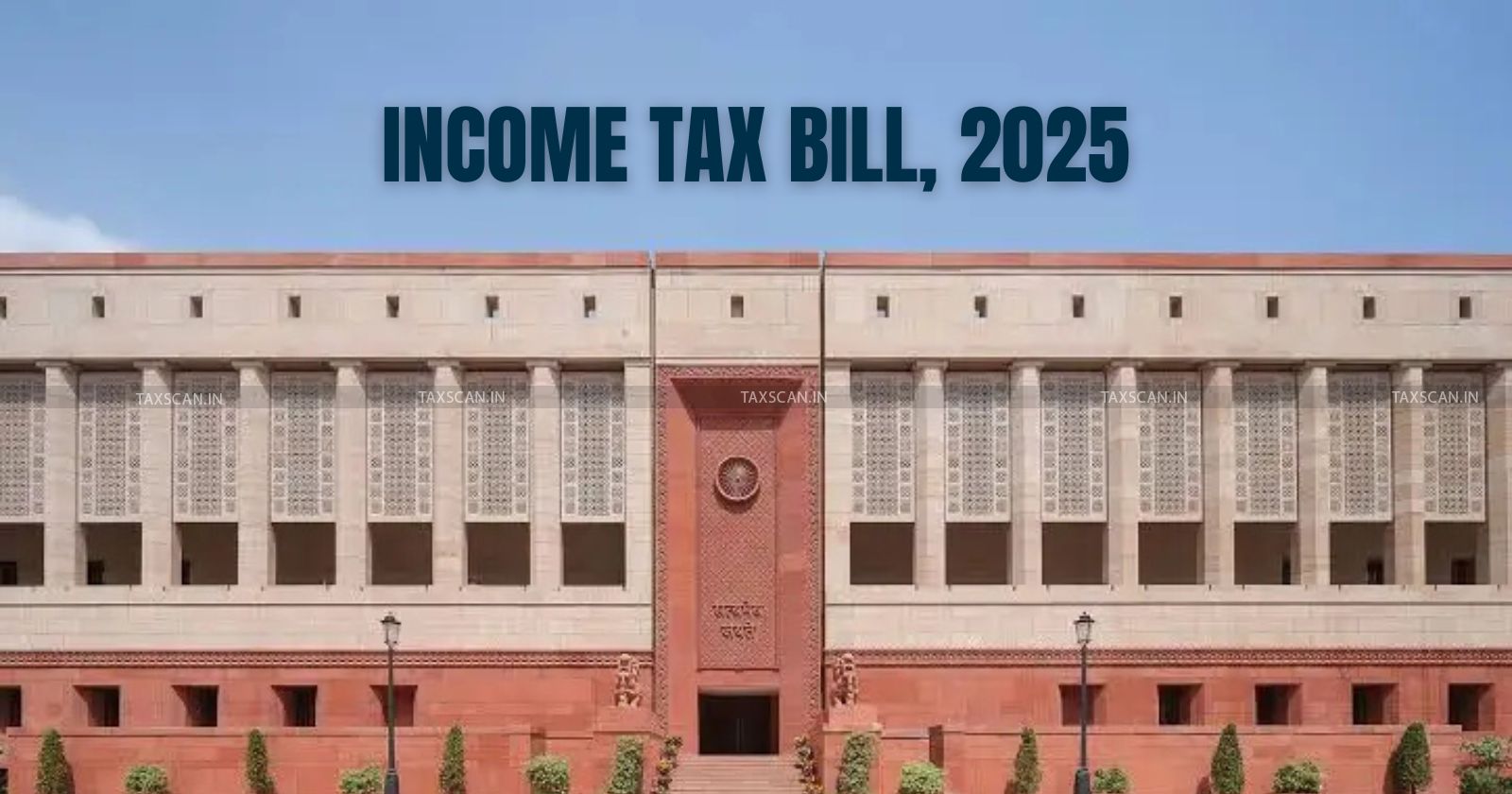Role of Forensic Accounting in Detecting GST Frauds
CAs and CSs can build rewarding niche practices in fraud detection by combining their core expertise with specialized skills in forensic accounting, compliance, and technology

The Goods and Services Tax (GST) was introduced in India to simplify the tax system. But with its arrival, new methods of fraud also appeared. Forensic accounting is a powerful tool that helps detect and prevent GST fraud. This article explains the role of forensic accounting in fighting GST fraud in simple terms. It also discusses how Chartered Accountants (CAs) and Company Secretaries (CSs) can build a successful career in this field.
Why Is GST Fraud a Big Problem?
GST fraud leads to huge money loss for the government and creates unfair competition for honest businesses. The estimated yearly loss is around Rs. 45,000 crore. Sadly, only a small part of this is ever recovered. Such fraud not only affects tax revenue but also damages the trust in the system.
What Is Forensic Accounting?
Forensic accounting combines traditional accounting with investigation. It is used to detect fraud, study suspicious transactions, and collect evidence. This evidence can be used in court if needed. Forensic accounting focuses on finding out what went wrong, how it happened, and who is responsible.
How to deal with GST special audit and departmental audit? Register Now
Techniques Used in Forensic Accounting for GST Fraud
- Data Analysis: Using tools to study large amounts of data to find irregular patterns.
- Benford’s Law: A statistical method to check if numbers in GST returns look unnatural.
- Machine Learning: Computers are trained to recognize signs of fraud by learning from past examples.
- Financial Statement Review: Looking for unusual changes in accounts, sales, or inventory.
- Digital Forensics: Analyzing emails, deleted files, and other electronic data to find hidden evidence.
- Document Check: Verifying whether GST invoices and records are real or fake.
 Also Read:CBDT Introduces New ITR Code for Social Media Influencers sparking Debate Among Tax Experts
Also Read:CBDT Introduces New ITR Code for Social Media Influencers sparking Debate Among Tax Experts
Real Examples of GST Fraud Detection
In Delhi, authorities busted a network of fake companies claiming Rs. 14 crore in false refunds. They used big data tools to uncover links between firms and tracked money flow across India and even abroad.
In Madhya Pradesh, a group used 23 fake companies to claim Rs. 130 crore in credits. This fraud ran for more than 10 years before forensic accountants helped uncover the truth.
How to Build a Niche Practice
As financial crimes like GST fraud become more advanced, Chartered Accountants (CAs) and Company Secretaries (CSs) have a great chance to build a specialized career in fraud detection. They already have strong skills in accounting, auditing, and compliance. But to succeed in this field, they need to develop some new and focused abilities.
1. Gain Specialized Education and Certifications
For CAs:
- Enroll in ICAI’s Certificate Course in Forensic Accounting and Fraud Detection (FAFD).
- Pursue the Certified Fraud Examiner (CFE) certification, which is globally recognized and boosts professional credibility.
- Consider additional courses in data analytics, machine learning, or blockchain for auditors.
For CSs:
- Take up courses on fraud risk management, internal audit, corporate governance, or digital compliance.
- Join webinars or short-term certifications that focus on legal aspects of financial fraud, GST compliance failures, and whistleblower systems.
2. Develop Hands-On Technical Skills
In modern fraud detection, being comfortable with technology is essential. Learn and practice the following tools:
- Data Analytics Tools: Microsoft Excel (advanced), Power BI, Tableau, IDEA.
- Coding for Data Analysis: Python or R (especially for Benford’s Law and fraud pattern recognition).
- Database Tools: SQL for extracting and analyzing structured data from GST filings, ERP systems, or financial records.
- Digital Forensics Tools: Software like FTK, EnCase, or Autopsy can help in analyzing digital evidence like emails and transaction logs.
Even a basic understanding of these tools can set you apart in the fraud detection space.
 Also Read:Select Committee Flags Gaps in Income Tax Bill 2025, Issues 32 Critical Recommendations [Read Report]
Also Read:Select Committee Flags Gaps in Income Tax Bill 2025, Issues 32 Critical Recommendations [Read Report]
3. Choose Your Niche Area of Service
To stand out, focus on specific services related to GST fraud or broader fraud detection. Some ideas include:
- Forensic Audit of GST Returns: Review GSTR filings and ITC claims to identify fraud patterns.
- Vendor Due Diligence: Help companies verify suppliers to avoid engaging with fake or shell firms.
- Litigation Support: Work with legal teams to investigate frauds and present financial evidence in tax cases.
- Compliance Reviews: Offer periodic GST and tax health checks to clients to avoid penalties and investigations.
- Internal Control Testing: Design systems that flag risky or unauthorized transactions.
This specialization helps build your brand as a “fraud expert” rather than a general consultant.
4. Collaborate with Complementary Professionals
Fraud detection often needs teamwork. Build working relationships with:
- Forensic accountants
- Legal advisors
- Technology experts
- Investigative journalists
- Regulators or ex-officers from DGGI or CBIC
CAs and CSs working together can also be powerful; while CAs manage the numbers, CSs can ensure that internal governance and regulatory filings are legally sound. Build a network of referral partners, law firms, auditors, and MSME consultants who can send fraud-related work your way.
5. Build a Digital and Professional Presence
Creating visibility is important for long-term success:
- Write articles or blogs on LinkedIn or CA/CS forums about trends in GST fraud, real case studies, or tips for prevention.
- Speak at webinars or workshops conducted by ICAI, ICSI, or local chambers of commerce.
- List your niche services on your website and digital platforms like Google My Business or Justdial.
- Publish GST fraud toolkits, checklists, or case studies for clients and fellow professionals.
6. Offer Value-Driven Preventive Services
Instead of waiting for fraud to occur, you can offer services that help businesses stay safe:
- Fraud Risk Assessments
- GST Process Health Checks
- Employee Awareness Training on GST fraud schemes
- Designing whistleblower policies and reporting mechanisms
Preventive services not only reduce the chance of fraud but also create recurring business and long-term client relationships.
7. Stay Updated and Keep Learning
Fraud methods evolve quickly. Stay current with:
- Latest fraud trends from DGGI press releases, CBIC circulars, and financial news.
- New government tools, such as AI-driven risk profiling by GSTN or e-invoicing changes.
- Judgments and case studies from GST tribunals, High Courts, or Supreme Court rulings on fraud cases.
Subscribe to newsletters or alerts from the GST Council, NACIN, ICAI, or ICSI to stay ahead.
8. Identify Your Target Clients
You can build a client base in several sectors:
- SMEs and startups (they often lack fraud controls)
- Large corporates (high risk, high volume of GST transactions)
- Banks and NBFCs (for due diligence and fraud recovery)
- Government departments or PSUs
- Legal firms and arbitration panels
Use your network, online presence, and educational content to reach them effectively.
Conclusion
Chartered Accountants and Company Secretaries are in a strong position to enter this growing field. With proper training, certifications, and tools, they can build rewarding careers while contributing to a cleaner financial system. This field not only offers financial growth but also allows professionals to play a key role in maintaining trust and fairness in the economy.
Support our journalism by subscribing to Taxscan premium. Follow us on Telegram for quick updates


